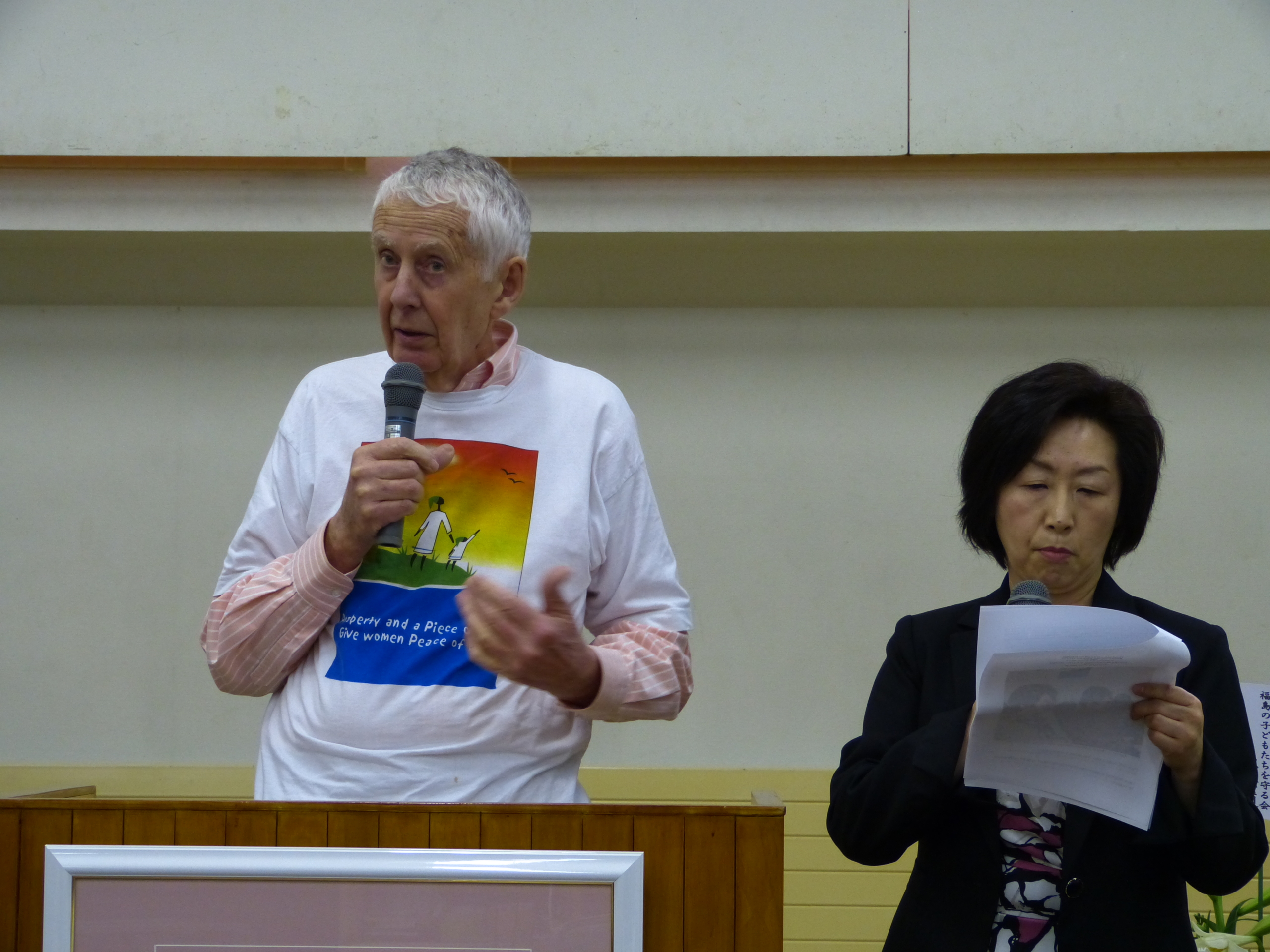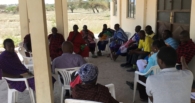Women’s Land Rights in Southern and Eastern Africa
A Mokoro Seminar in Memory of Kaori Izumi
Elizabeth Daley
18 June 2013
/
- 0 Comments
On Saturday 15th June 2013 a small but select group of people gathered at Mokoro’s office in Oxford to remember and celebrate the work of Kaori Izumi. Kaori very sadly passed away in March 2013 after a long illness. Mokoro’s Robin Palmer, a long-time colleague and close friend of Kaori and her family, travelled to Sapporo in Japan for her memorial celebration, where he gave a speech celebrating her life and work.
Kaori’s passing leaves a big hole in the community of practitioners working to support, promote and protect women’s land rights across the globe. To mark that, Robin organized the gathering on 15th June to celebrate Kaori’s professional contribution to the field. The seminar was also an opportunity to take stock of achievements and progress on women’s land rights in Southern and Eastern Africa in the past ten years, since a seminal workshop on the subject was held in Pretoria in June 2003 – organized by Kaori and Robin (then with Oxfam).
The day began with a period of quiet reflection on Kaori’s life. We were honoured that her daughter Akari flew over from Japan to be with us and share a presentation of photos of her mother’s life and work. Robin spoke about the tremendous impact of Kaori’s work, particularly within FAO and in raising awareness of property rights issues for women affected by HIV/AIDS. He also talked about the Pretoria workshop and why it had been a success. Principally this was because of intensive prior preparations, deliberately inviting a broad range of participants, and the fact that everyone shared a passionate commitment to the topic.
Kaori was widely known and respected within our community of practice, and many of those who had been unable to join us in Oxford in person sent messages, reflections and moving tributes which were read out to the group. To give just one example, Craig Castro, formerly with Oxfam, now with UNDP, wrote:
I have profound memories of her: total commitment to women’s right to land and property; super energetic, always looking for practical action to bring about changes in the lives of women and children; extremely open and, above all, honest – recognizing interventions that did not go as planned in order to learn from the mistakes and incorporate into new initiatives – but mostly for me, Kaori was a pleasure to work with; a good sense of humour while discussing grim realities. As a person she was so open to everyone no matter your social class, background, educational level. She was a wonderful person to work with, to consult knowing that you would get honest and highly professional advice. What she has done inspires me.
Many of those present in the meeting also spoke about their memories of Kaori and the influence she had had on their life and work. My own stand-out memory is of reading her PhD thesis when I was embarking on my own, and being struck (and inspired) by how she had combined scholarly research with practical action in support of one village’s land rights in Tanzania. Through that research in the mid-1990s, Kaori also drew very prescient attention to many of the same issues that communities across Africa are presently grappling with in the face of now well known pressures from investors to acquire their land.
This opening session of the day was followed by our first guest speaker, Sibongile Ndashe of Interights. Sibongile talked further about the 2003 Pretoria workshop and about some of the outcomes and changes that had taken place as a result, particularly with respect to case law around women’s land rights in Southern Africa. She also posed the question of whether there had indeed been progress in securing women’s land rights in Southern and Eastern Africa in these past ten years since the Pretoria workshop.
We then broke for lunch – a delicious meal at a Turkish restaurant down the road from the Mokoro office – and returned afterwards for more reflections. I spoke about changes in development policies with respect to land and agriculture – particularly around land governance and food security – which set the context for our ongoing interest in securing women’s land rights, about the tenure arrangements and policy protections available to help secure women’s rights, and about issues of policy enforcement and implementation. Susie Jacobs of Manchester Metropolitan University, our second guest speaker, followed with a discussion of key issues around gendered subordination and persistent inequalities, class divisions and growing wealth divisions, and gendered violence in different contexts.
We then opened up the meeting to a plenary discussion to round off the day, which Shaun Williams kindly volunteered to chair. Shaun started us off by sharing a cuneiform inscription from around 2800BC, which is probably the oldest known land administration record in the world. Debate then focused on whether progress in securing women’s land rights had really been made over the past ten years, on trying to determine what questions we still need to ask (and find answers to), and on what new issues have emerged that require attention. Several participants felt that there is still much work to be done and that we are only at the tip of the iceberg, while several others felt that policy developments (especially around land governance) have been moving substantially in the right direction and provide an increasingly strong platform for women’s land rights to be secured in the next ten years.
There was also a lot of discussion about practices that have been tried in the field and have worked in different contexts, for example around community-based paralegals and around land tenure and land administration reforms in different countries. Everyone was encouraged to contribute from their own experience and perspectives, and the level of interest was such that the seminar ran well over its scheduled time, with no-one wanting to round things up and end the debate. In the end we all agreed on the central importance of voice, and especially of empowering women to use their own voices to claim their rights, and we remembered that this was the major contribution Kaori had made to our community of practice through her life and work.
You must be logged in to post a comment.



